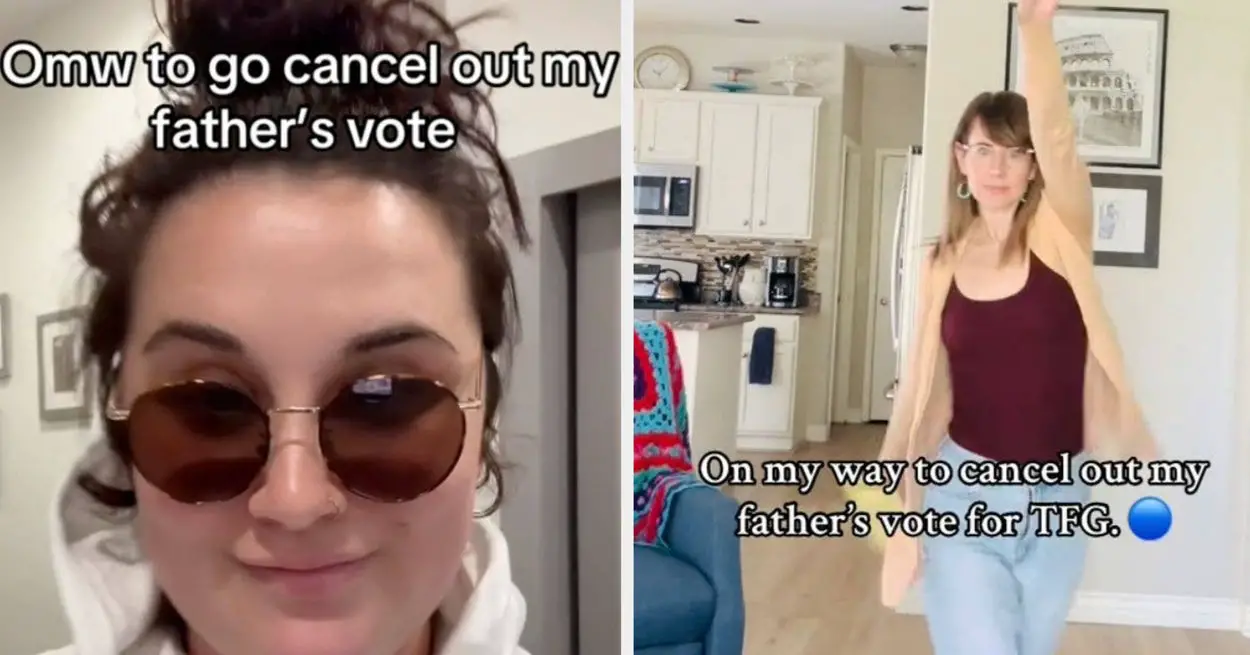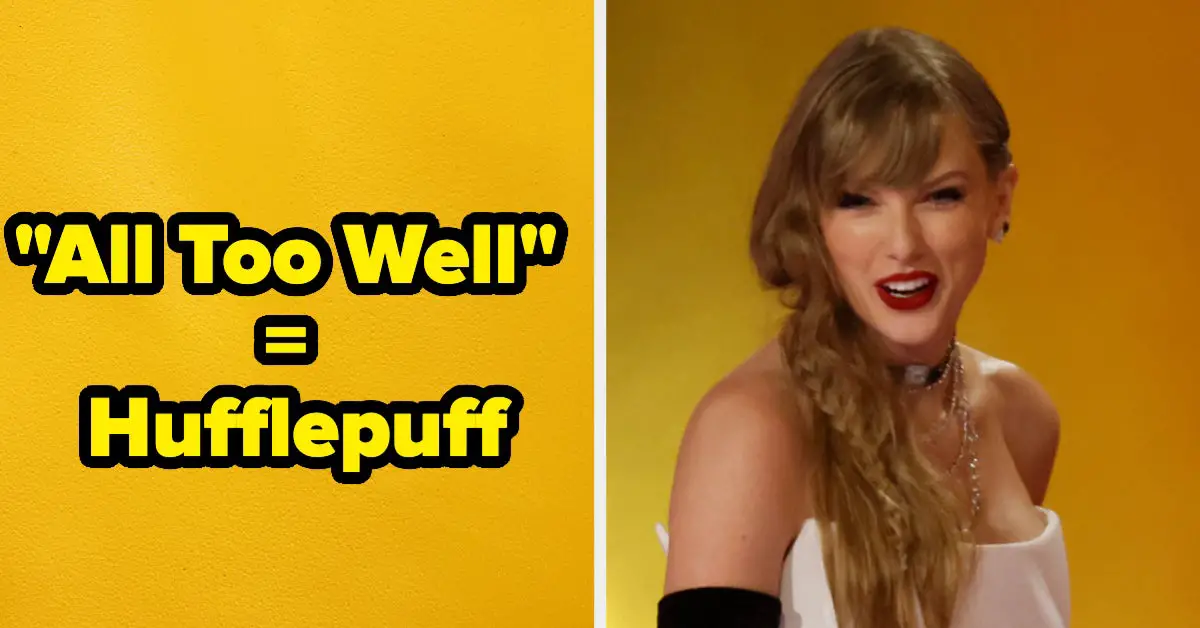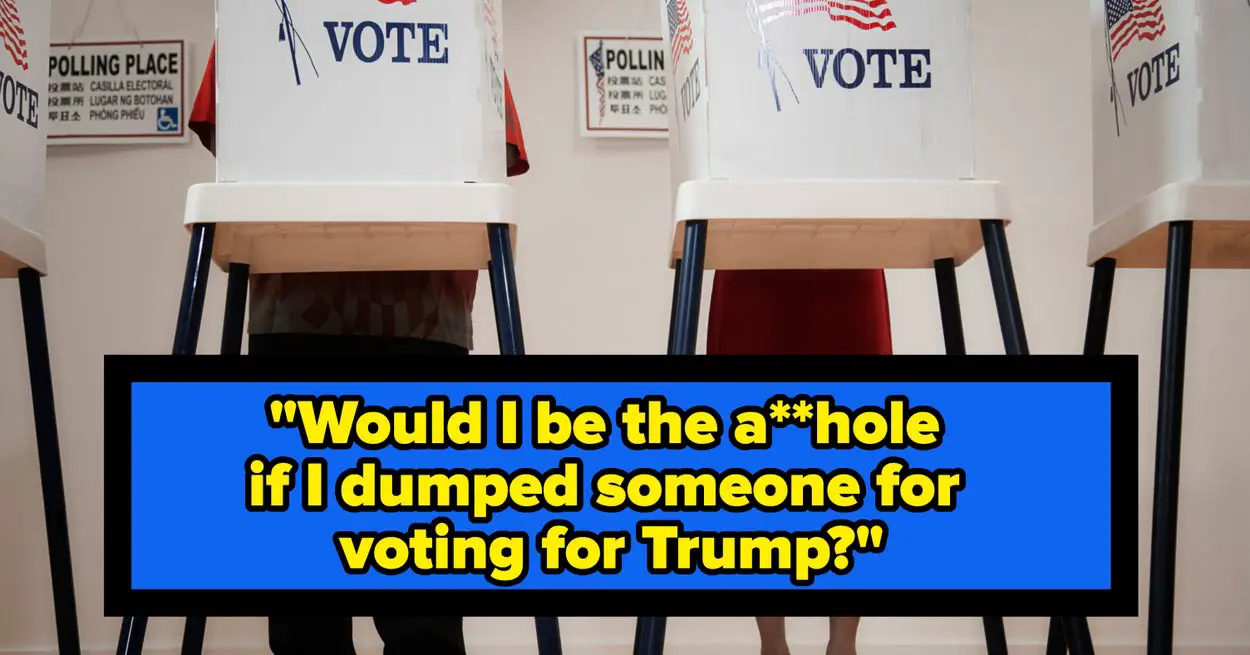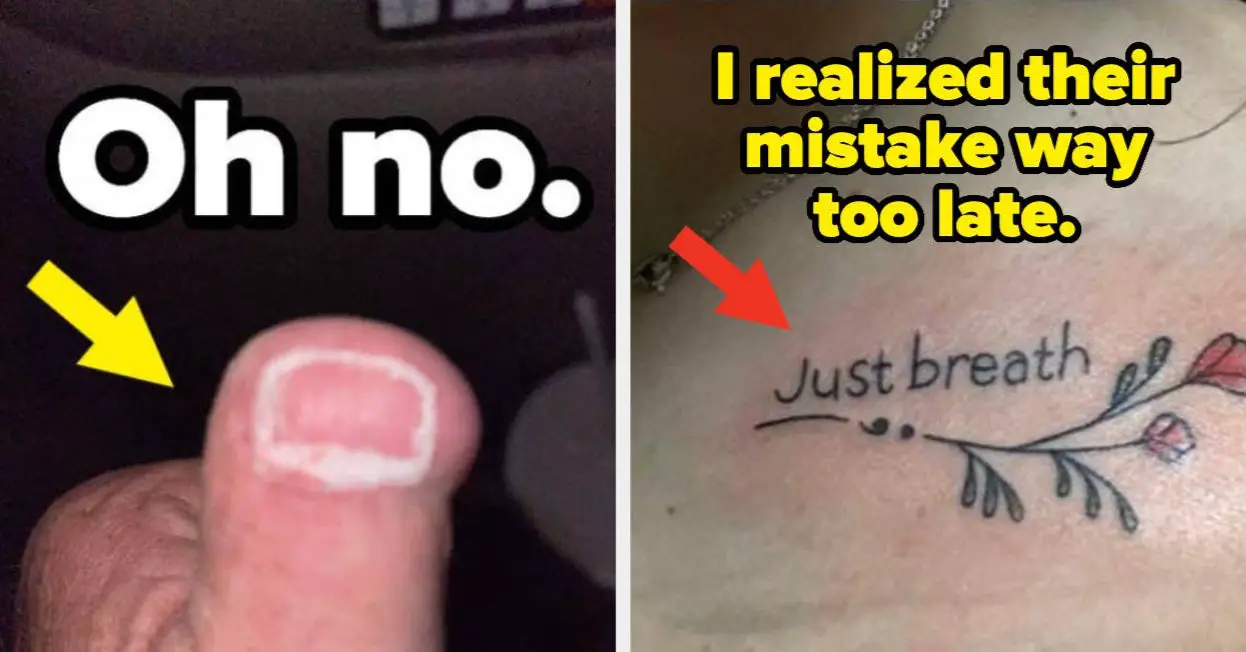Donations Make us online
Heather, a 48-year-old from Washington state, posted a TikTok on a similar theme, though hers is more somber in tone. “My father traded the rights and safety of his two daughters and four granddaughters for low gas prices,” she wrote in her video, which has over 300,000 views.
“My father has always been GOP. But over the past nine years, he has morphed into a closed-minded, aggressive MAGA type who spends hours a day online, doing his ‘own research,’” she told HuffPost, referencing Trump’s “Make America Great Again” movement. “I really feel like MAGA stole my father from us.”
When Trump surrendered to authorities last year on charges that he illegally plotted to overturn the results of the 2020 election in Georgia, Heather texted her dad a photo of Trump’s stony-faced booking shot.
“My dad responded only with ‘my hero!’” she recalls.
Heather and her dad are not estranged, but with three Trump election cycles, she said their relationship is hanging on by a thread.
“I’ve shared my feelings with my father, and he mocked my feelings,” she said.
“He told me, ‘You are making decisions on your feelings?’ His tone was condescending and patronizing. I have not brought the topic up since that phone call, approximately three years ago.”
Minna, a 28-year-old from Detroit, Michigan, who describes herself as something of a moderate, said her dad also downplays her political beliefs because she shows her emotions. She tells him she votes for Trump just to avoid drama, but she already turned in her ballot and she, too, canceled out her dad’s vote.
“Another four years of Trump really scares me,” she said. “I worry about my LGBTQ friends, and I worry about access to women’s health care — and by that I mean abortion. I feel so disrespected as a woman that my father doesn’t see those things as being major issues.”
Family estrangements are seemingly on the rise in part due to politics. This is not the average “differences of opinion” debate; the “your dad is voting for George Bush while you’re voting for Bill Clinton” scenario of yesterday seems almost quaint in comparison.
“There’s a lot of fear around the outcome of the election, understandably, because so many people’s lives and futures are hanging in the balance,” said Deborah Duley, a psychotherapist and the founder of the company Empowered Connections in Maryland.
“What my younger clients are telling me is that they’re hearing their parents spouting the virtues of Trump and ignoring that their child could very well be stripped of their rights and bodily autonomy,” she explained.
And as the TikTok trend suggests, this election is deeply impacting the relationships between fathers and daughters especially.
“There’s this dichotomy between young women’s fathers saying they love them, and then actively voting in a way that says otherwise and doesn’t feel like love at all,” said Avonley Whitsitt, a marriage and family therapist in Boise, Idaho.
For women worried about abortion and health care, “not only does it show that their fathers’ actions don’t match their words, but it challenges the trust that daughters have with their fathers,” she said.
“My clients are wondering, ‘What do I mean to my dad when he is willing to put his paycheck before my well-being?’” Whitsitt said. “One of my clients recently said, ‘My dad is actively voting against me and my rights, yet somehow I’m supposed to have dinner with him this weekend?’”
She continued, “Many dads haven’t and wouldn’t want to miss an important event in their daughters’ lives, yet they aren’t realizing that this election is one of them.”
Minna, the 28-year-old from Detroit, had reassurance for young women feeling disillusioned by their families’ votes. It’s the same advice she gives her sister, who tends to get emotional talking about things she’s passionate about.
“Just because you tear up when you talk about issues doesn’t mean it’s not valid or important,” she said. “Your thoughts and voice still matter. I don’t blame young women for getting worked up; these are real hard issues. It scares me what my friends’ and loved ones’ lives will look like based on who my father chooses to vote for.”
Whitsitt said her advice to young women in situations like this is to prioritize self-care ahead of and after an election.
“Self-care looks different for everyone. Connecting with a therapist is a great step, setting and maintaining boundaries, and remembering that the relationship you have with yourself is the most important overall,” she said. “In situations like these, sometimes the best thing we can do is be the people we wish our parents or our fathers were.”
This article originally appeared on HuffPost.
Source link












Leave a Reply